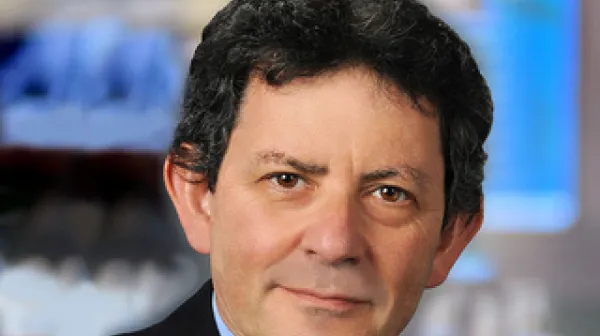Malcolm K. Brenner, MD, PhD
- Cancer and Blood Disorders

Professor, Department of Pediatrics, Division of Hematology-Oncology, Baylor College of Medicine
Professor, Department of Molecular and Human Genetics, Baylor College of Medicine
Professor, Department of Medicine, Baylor College of Medicine
Professor, Program in Translational Biology & Molecular Medicine, Baylor College of Medicine
Fayez Sarofim Chair, Baylor College of Medicine
Member, Executive Committee, Dan L Duncan Comprehensive Cancer Center, Baylor College of Medicine
Office location:
One Baylor Plaza
Houston, TX 77030
Get to know Malcolm K. Brenner, MD, PhD
Dr. Malcolm Brenner is Director of the Center for Cell and Gene Therapy at Baylor College of Medicine, Texas Children's Hospital, and Houston Methodist Hospital, which is responsible for the stem cell transplant programs at these institutions. His clinical interests span many aspects of stem cell transplantation, using genetic manipulation of cultured cells to obtain therapeutic effects.
Education
| School | Education | Degree | Year |
|---|---|---|---|
| Royal Brompton Hospital, London | Fellowship | Hematology-Oncology | 1997 |
| University Of Cambridge | PhD | Doctor of Philosophy | 1981 |
| University of Chicago, Pritzker School of Medicine | Fellowship | Immunology | 1981 |
| Chelsea & Westminster Hospital | Fellowship | Medical Registrar | 1978 |
| Hammersmith Hospital-England | Residency | 1976 | |
| Chelsea & Westminster Hospital | Internship | Surgery | 1976 |
| Charing Cross & Westminster Medical School | Medical School | Doctor of Medicine | 1975 |
| University Of Cambridge | Bachelors | Bachelor of Arts | 1972 |
Organizations
| Organization Name | Role |
|---|---|
| British Society for Hematology | Member |
| British Society for Immunology | Member |
| International Society for Hematology and Graft Engineering | President |
| National Academy of Inventors | Fellow |
Honors and awards
- 2023
-
Arthur L. Beaudet Outstanding Mentorship Award
* Texas Children’s Hospital physicians’ licenses and credentials are reviewed prior to practicing at any of our facilities. Sections titled From the Doctor, Professional Organizations and Publications were provided by the physician’s office and were not verified by Texas Children’s Hospital.
Highlights
Research Area:
Cell and Gene Therapy
Bone Marrow Transplant / Stem Cell Transplant



